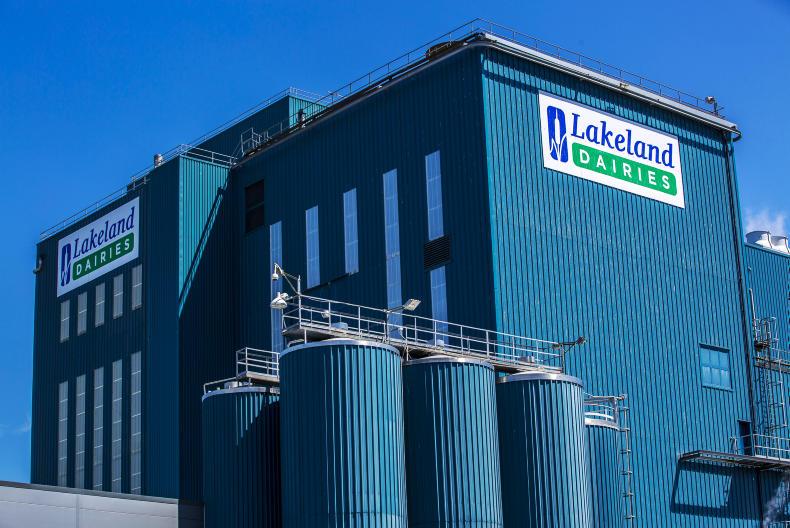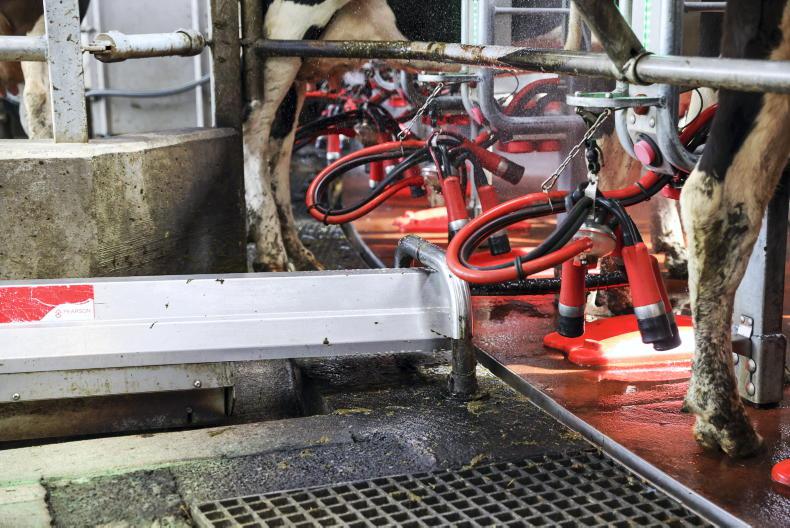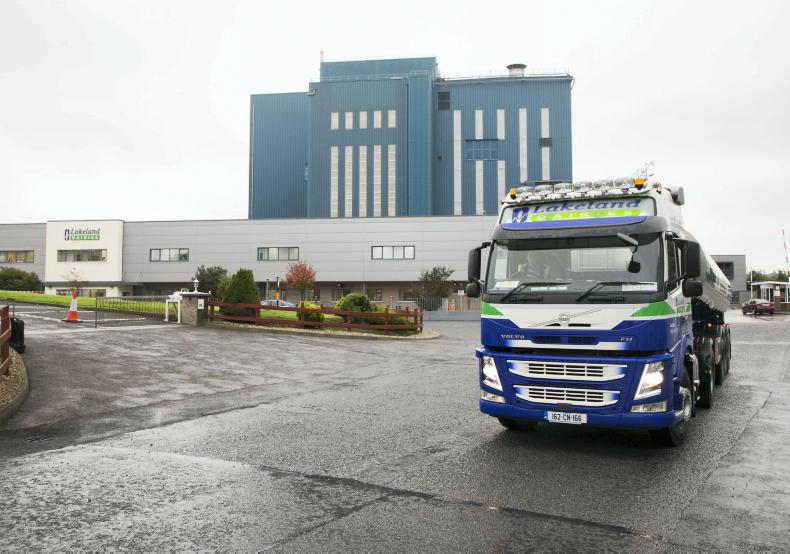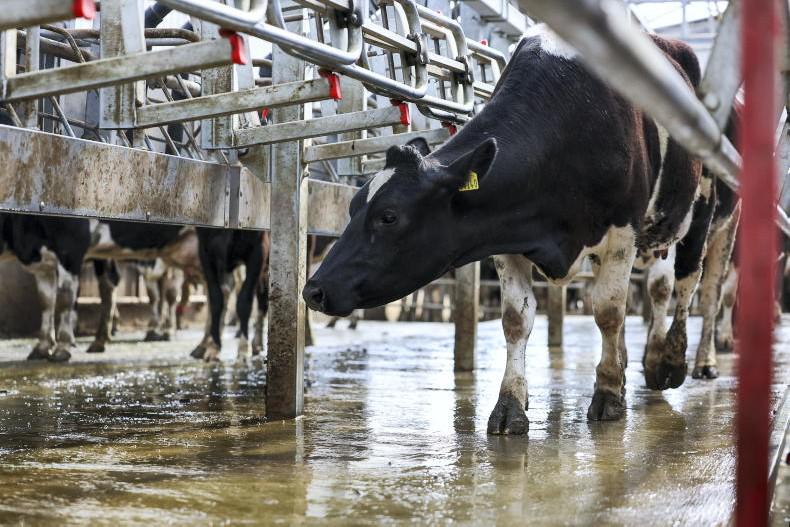Next week shareholders in Lakeland and LacPatrick will vote on whether to accept the plan for a new entity to process milk in the northern half of the country. This merger will create the second largest dairy processor in the south and the largest dairy processor in the North of Ireland.
Options are limited for LacPatrick shareholders but the deal does not come without risks for Lakeland shareholders. Let’s not forget LacPatrick is a distressed business that has been losing money.
The problems with LacPatrick have been two-fold. Firstly it underinvested over many years then invested heavily in a drier that was underutilised working at around 30% capacity. This ultimately saw the business run out of cash and was unable to sustain a competitive milk price.
Secondly with the lifting of quotas, dairy markets have become much more volatile which places different demands on the business and management. Dairy processors have had to become more agile, more adaptable and more aligned than ever in order to drive efficiencies. That means milk needs to be able to flex depending on market returns.
Management in the new entity have a job of work to do to turn the business around to ensure it becomes profitable again. This means costs need to be driven out, efficiencies and synergies gained between the merged businesses. This will ensure that management can deliver on its promise of “positive profit and milk price growth” into the future.
Milk pool
Retaining and growing the 1.8bn litre milk pool of the combined entity will be critical to driving efficiencies in the future. Lakeland has a good track record of retaining milk supply as can be seen from the recent Fane Valley deal. There should be some synergies from the milk collection and utilising the capacity across the two businesses.
However two thirds of the milk will now come from Northern Ireland. Even though today, Lakeland pay a similar price in both Northern Ireland and the Republic, there is a different dynamic north of the border, where a significant number of producers don’t have supply agreements and can move at little or no notice. Dale Farm has not been shy about seeking to grow its milk supply base, and has paid a leading price all year. A key risk is the control of the merged group moving north of the border.
Efficiencies
A key question for shareholders ahead of next week’s vote will be around the financial sustainability of the combined entity. While Lakeland is profitable, the Lacpatrick business has underlying problems and many business units are loss making right now. In order to turn these around, costs need to be taken out coupled with better utilisation of assets. A key question has to be whether management intends rationalising sites within the newly merged business. The Fane Valley site in Banbridge, for example, is a valuable asset given it is sited on the A1 from Belfast to Dublin.
Markets
LacPatrick brings Lakeland into the liquid milk business for the first time. While it can be used as a hedge it forms a small part of the overall milk pool. Given the low margin, ultra-competitive liquid milk market, does it make sense for the new entity to retain this business or could it look at other options for this business? The recent volatility in dairy markets with huge swings in the butter price in particular would not have helped LacPatrick’s situation. The greater financial firepower of the combined entity should help ride out the more extreme peaks and troughs we are seeing in dairy markets since the end of quotas. While Lakeland gains increased butter and liquid milk markets it also gains an increased exposure to dairy powders.
Financing this deal will see Lakeland take on an additional €28m of core debt. The debt is manageable in this combined entity
LacPatrick has invested into building brands on a local and global stage. It will be interesting to see how the new entity will drive this on.
The other issue worth exploring is around Brexit. Some 600m litres of milk goes from north to south each year for processing. With a drier in Artigarvan that needs filling, this means there is little need for any Northern Ireland milk to go south at all.
Debt
Financing this deal will see Lakeland take on an additional €28m of core debt. The debt is manageable in this combined entity.
However management need to ensure that its repayment does not come at the expense of milk price.
Further investment is also likely to be required in the near future to drive efficiency.










SHARING OPTIONS